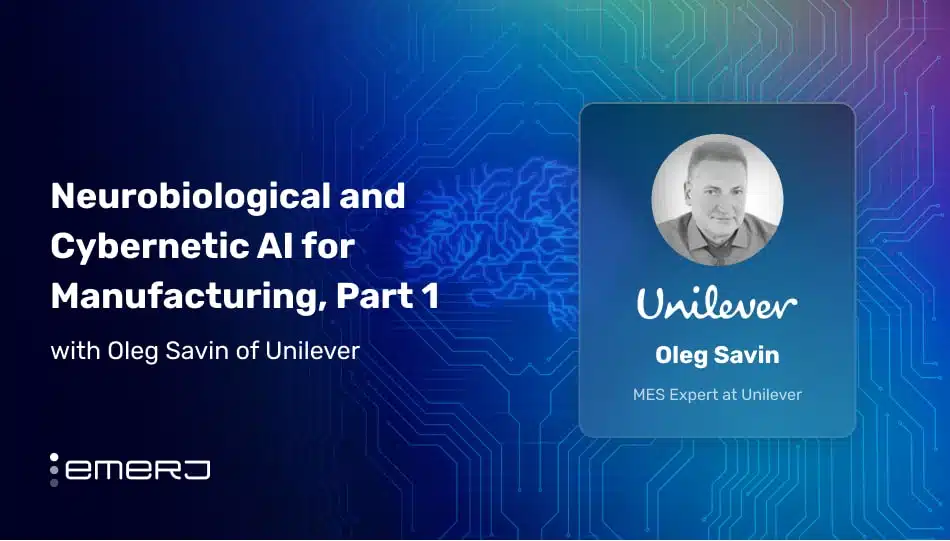1 – Here’s what Facebook’s artificial intelligence expert thinks about the future
Yann LeCun , an AI researcher and former New York university professor, joined Facebook in 2003, and has since led the AI research team in developing the technology that powers the new personal assistant M and other AI-driven features. LeCun, who has been in the field since the 1980s, helped bring new life to “deep learning”, the technology behind Facebook’s ad targeting. In a recent conversation with Tech Insider, LeCun gave his perspective on AI progress and its future directions. He believes that one of the biggest misconceptions about AI, as people envision it in the future, is that it will not have emotions. He believe it likely will experience emotions, though not necessarily the exact same type or shades of human ones.
“There is no reason for AIs to have self-preservation instincts, jealousy, etc. But we can build into them altruism and other drives that will make them pleasant for humans to interact with them and be around them.”
LeCun also believes an AI similar to “Her” is not entirely unrealistic, though he thinks we are still decades away.
(Read the full article on Tech Insider)
2 – IBM Moves to Expand Watson Artificial-Intelligence Unit
IBM just announced a new San Francisco-based location for its AI, Watson, which has been centrally located in New York City. About 100 of IBM’s Watson partners have introduced cognitive-driven apps, products and services, and IBM is looking to expand its reach in industries from health care to the wine market. The upgrades, including new speech, language and vision tools, will help organizations access the $143 billion app market that is projected for next year.
(Read the full article on The Wall Street Journal)
3 – Google DeepMind artificial intelligence can beat humans at 31 video games but can’t master Pac-Man
Google’s DeepMind software is apparently able to supersede human abilities in 31 different video games – though Pac-Man and some other games are still a struggle. The learning reinforcement algorithm, now used to master games, is viewed as the first step toward proving such a system can work in real-world applications. The system has mastered games like Pong, Enduro, and Battlezone. When it comes to games like Pac Man, DeepMind Research Scientist Koray Kavukcuoglu says there are two main issues: 1) Lack of prior knowledge (not being pre-programmed with specifics) and 2) Long-term dependencies – a goal is difficult to attain if the reward takes time (say, 10 minutes). Though Google has been somewhat covert in sharing information on future potentials of the learning, it revealed earlier in the year its plans to use it to improve search engine algorithms on Google-owned platforms (including YouTube). Many outside academics believe Google also intends to use the algorithms for more targeted ad placement.
(Read the full article on International Business Times)
4 – Baidu’s chief scientist explains why computers won’t take over the world
Andrew Ng, the chief scientist behind Chinese search giant Baidu, provided his perspectives on several current AI topics and trends in a recent interview with Fortune. Ng believes that present advancements include AI’s improved ability in analyzing “big data” to make predictions, which have the potential to make digital experiences more pleasant for consumers and also increase company ROI. In response to the hype of malicious autonomous AI, Ng believes that such capabilities are much father off than most people think. He states that most technology that is able to predict outcomes or classify falls into the “supervised learning” category, which means its decisions are based on examples of information that is input by humans. In the condensed interview, Ng provides other insights, including some of Baidu’s current AI-driven projects.
(Read the full article on Fortune)
5 – Artificial intelligence is now smart enough to sit SAT level geometry exams
U.S. researchers have developed an AI program capable of completing 11th grade SAT level geometry questions. The test-run, in which the software was given actual questions from the SAT – including questions not previously seen – was the first of its kind. The program scored 61 percent on practice questions, though the score decreased to 49 percent on actual SAT questions. The findings of the research were presented last week at the Conference on Empirical Methods on Natural Language Processing in Lisbon. The ongoing challenge for researchers is to teach software to accurately recognize all visual information in order to understand what it’s being asked to do.
(Read the full article on Science Alert)



















